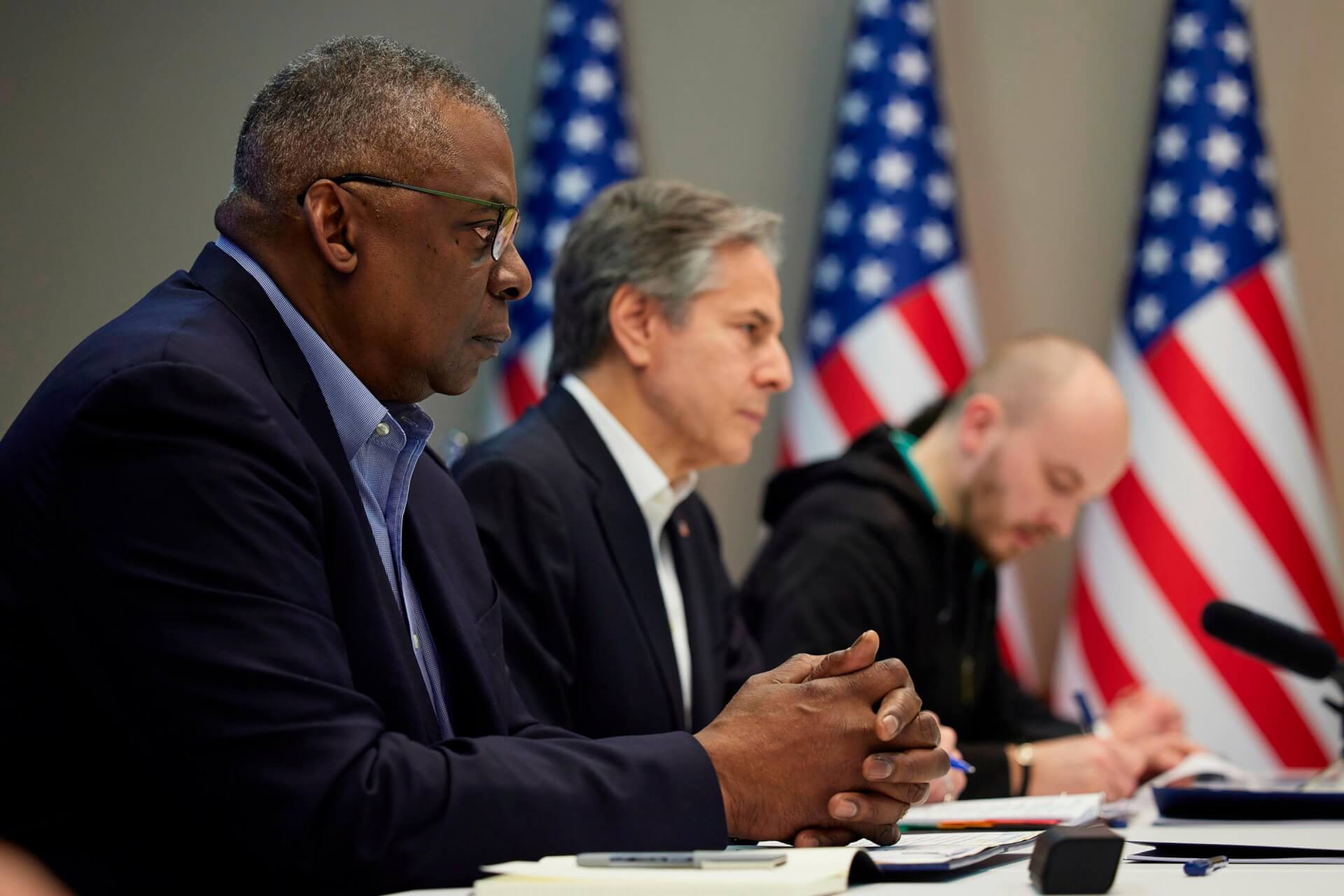US Assistant Secretary Donald Lu said on Thursday that during the upcoming 2+2 ministerial dialogue, India and the US will have high-level discussions about defence and strategic issues. Lu noted that the two sides will discuss the Israel-Hamas and Russia-Ukraine wars. He highlighted that New Delhi and Washington share goals of preserving stability in the Middle East and advancing a two-state solution to the Israel-Palestine issue. The countries will also discuss cooperation to keep the Indo-Pacific free, open, prosperous, and secure.
Pakistan’s election commission informed the Supreme Court on Thursday that the general elections will be held on 11 February. The process of drawing constituencies would be completed by 29 January, after which the polls will be held.
Russia’s Wagner Group could provide Pantsir anti-aircraft systems to the Lebanese militant group Hezbollah, the Wall Street Journal reported on Thursday. An unnamed US official told the Journal that the transfer has not been confirmed, and is being closely observed. The possibility of delivery is a “major concern,” sources said.
UN Special Rapporteur on Human Rights in Iran Javaid Rehman on Thursday claimed that the Israel-Gaza conflict bolsters “repression” inside Iran by diverting attention away from internal opposition to the government. “Given the current crisis [in the Middle East], they feel even more emboldened because they believe they have succeeded in diverting attention from internal criticism and internal repression by becoming or claiming to have become virulent defenders [...] of the Palestinian movement,” Rehman noted.
US Treasury Secretary Janet Yellen reassured Asian economies on Thursday that the US approach to China would not lead to a “disastrous” division of the global economy that would force them to take sides. “A full separation of our economies, or an approach in which countries including those in the Indo-Pacific are forced to take sides, would have significant negative global repercussions [...] We have no interest in such a divided world and its disastrous effects,” she said.
A drop in the value of the Japanese yen has forced Japan to scale back its five-year, 43.5-trillion-yen defence build-up, which aims to help deter a Chinese invasion of Taiwan. Since the plan’s introduction in December, the yen has lost 10% of its value against the US dollar, forcing Tokyo to downsize its ambitious defence procurement plan.

